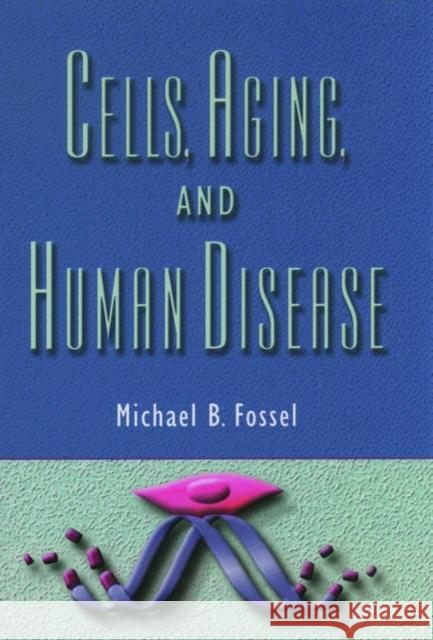Cells, Aging, and Human Disease » książka
topmenu
Cells, Aging, and Human Disease
ISBN-13: 9780195140354 / Angielski / Twarda / 2004 / 504 str.
Cells, Aging, and Human Disease is the first book to explore aging all the way from genes to clinical application, analyzing the fundamental cellular changes which underlie human age-related disease. With over 4,000 references, this text explores both the fundamental processes of human aging and the tissue-by-tissue pathology, detailing both breaking research and current state-of-the-art clinical interventions in aging and age-related disease.
Far from merely sharing a common onset late in the lifespan, age-related diseases are linked by fundamental common characteristics at the genetic and cellular levels. Emphasizing human cell mechanisms, the first section presents and analyzes our current knowledege of telomere biology and cell senescence. In superb academic detail, the text brings the reader up to date on telomere maintenance, telomerase dynamics, and current research on cell senescence--and the general model--cell senescence as the central component in human senescence and cancer. For each human malignancy, the chapter reviews and analyzes all available data on telomeres and telomerase, as well as summarizing current work on their clinical application in both diagnosis and cancer therapy. The second edition, oriented by organs and tissues, explores the actual physiological impact of cell senescence and aging on clinical disease. After a summary of the literature on early aging syndromes--the progerias--the text reviews aging diseases (Alzheimer's dementia, osteoarthritis, atherosclerosis, immune aging, presbyopia, sarcopenia, etc.) in the context of the tissues in which they occur. Each of the ten clinical chapters--skin, cardiovascular system, bone and joints, hematopoetic and immune systems, endocrine, CNS, renal, muscle, GI, and eyes--examines what we know of their pathology, the role of cell sensescence, and medical interventions, both current and potential.










